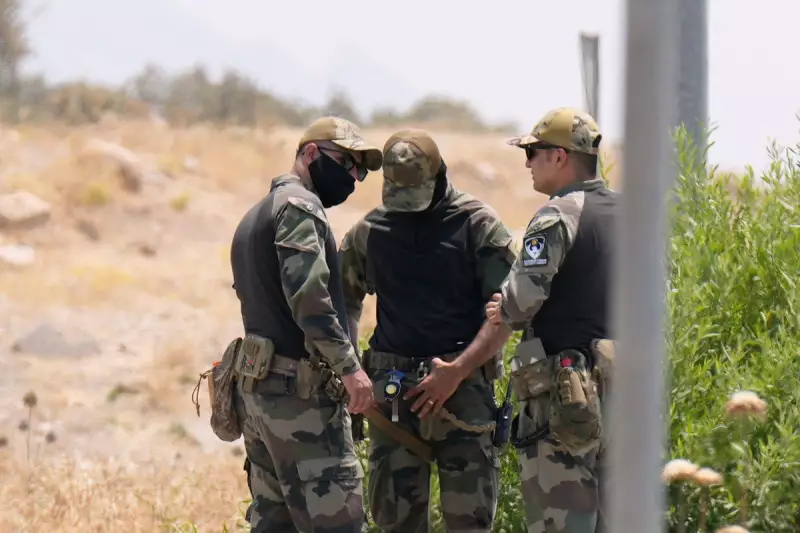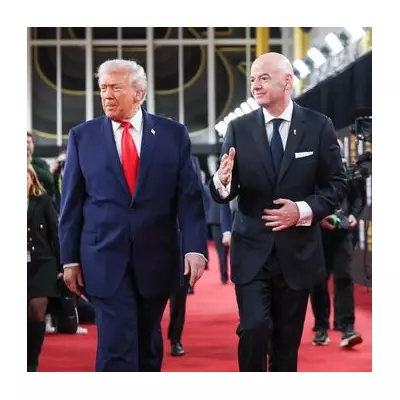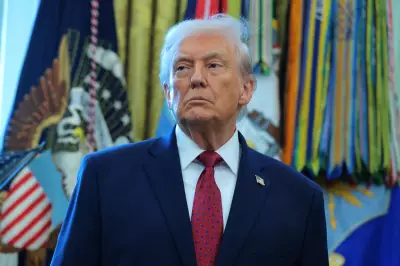
Tensions between Turkey and the Kurdistan Workers' Party (PKK) have intensified, with Kurdish leaders calling for renewed peace negotiations. The PKK, designated as a terrorist group by Turkey, the US, and the EU, has been engaged in a decades-long insurgency against the Turkish state.
Ocalan's Role in Peace Efforts
Kurdish officials highlight the potential role of imprisoned PKK leader Abdullah Ocalan in brokering peace. Ocalan, serving a life sentence since 1999, remains a symbolic figure for Kurdish rights. Pro-Kurdish politicians argue that his involvement could pave the way for a ceasefire.
Ankara's Stance
Turkey's government, however, maintains a hardline approach, insisting on military operations to dismantle the PKK. Recent airstrikes in northern Iraq and southeastern Turkey underscore Ankara's commitment to eradicating the group. Officials dismiss calls for dialogue, labelling them as attempts to legitimise terrorism.
Regional Implications
The conflict has broader implications for regional stability, particularly in Syria and Iraq, where Kurdish groups hold significant influence. Analysts warn that continued violence could further destabilise the Middle East, complicating international efforts to mediate.
As casualties mount on both sides, the prospect of a peaceful resolution appears increasingly distant. Yet, advocates for diplomacy insist that without meaningful dialogue, the cycle of violence will persist.





